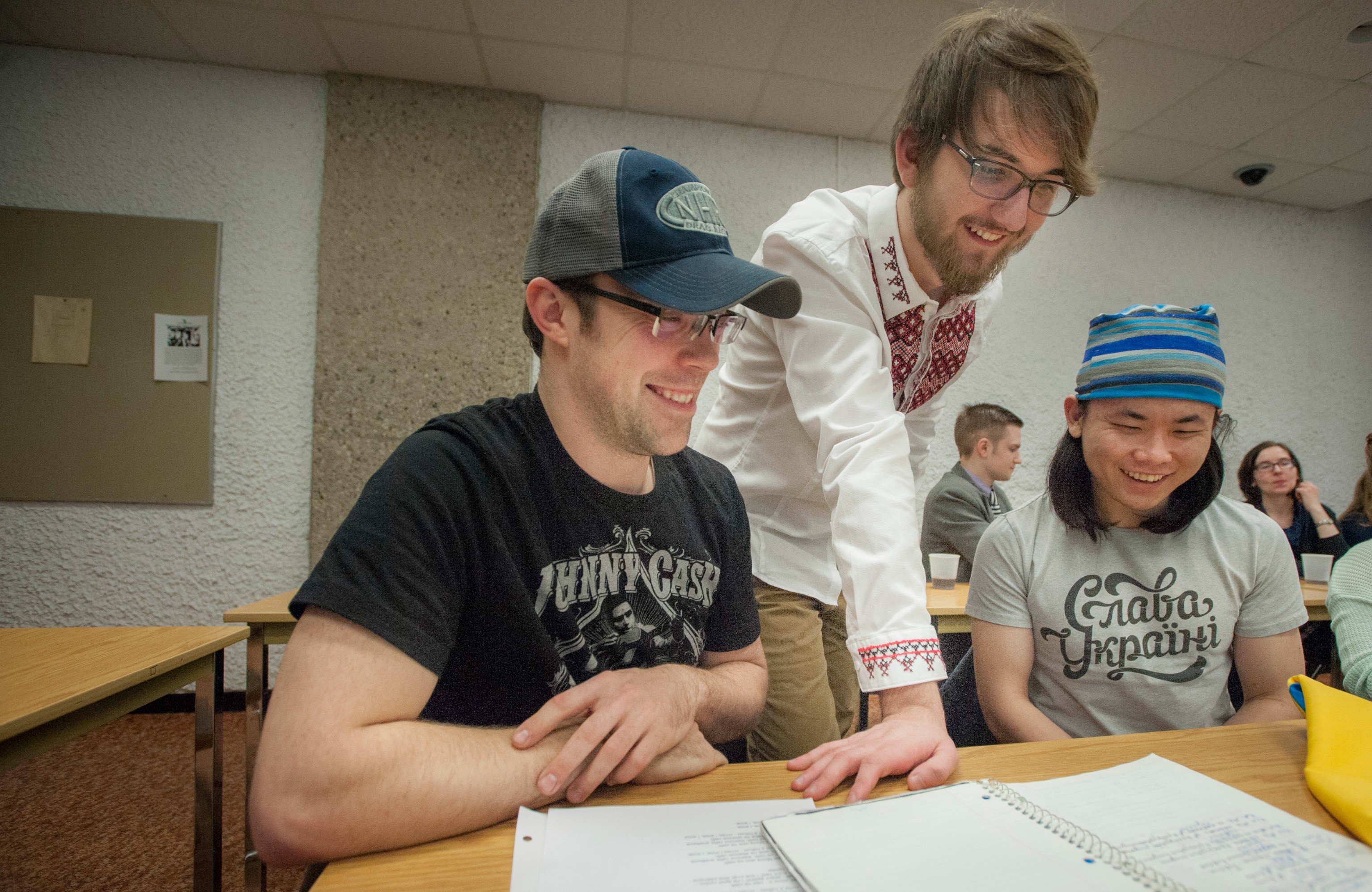
As International Student Advisors at the University of Alberta International Services Centre, we help and support international students throughout their campus experience, from their arrival in Edmonton through to graduation and beyond.
The students we serve come from all over the world, and many are experiencing Canada and Canadian culture for the first time; not only language, weather, and social customs, but also the culture of the Canadian classroom, which can be drastically different from their home environment.
Given our backgrounds in cross-cultural communication and education, we understand the cultural nuances that are at play when international students encounter something new to them in the classroom environment - we work to support and help them adjust to these new elements.
That being said, we want to share some of these insights for those of you who are interested in seeing the differences in perspective!
Here are some pieces of Canadian academic culture that may seem foreign to international students:
Most professors prefer students to call them by their first name.

International students may be hesitant to call you by your first name when they start at the U of A, because they may come from a culture that instills a strong hierarchy. Our approach to using first names can be interpreted as casual, or even disrespectful in other countries, where students are expected to address Doctors, Professors or Teachers by their title.
Students are encouraged to discuss and challenge ideas presented by their professors.

This can be a challenge for many international students - not because they don't have an opinion - but because, in their home countries, challenging authoritative figures may be considered a sign of disrespect and typically avoided at all costs.
Canadian classroom size is substantial and students are responsible to build their own course schedules.
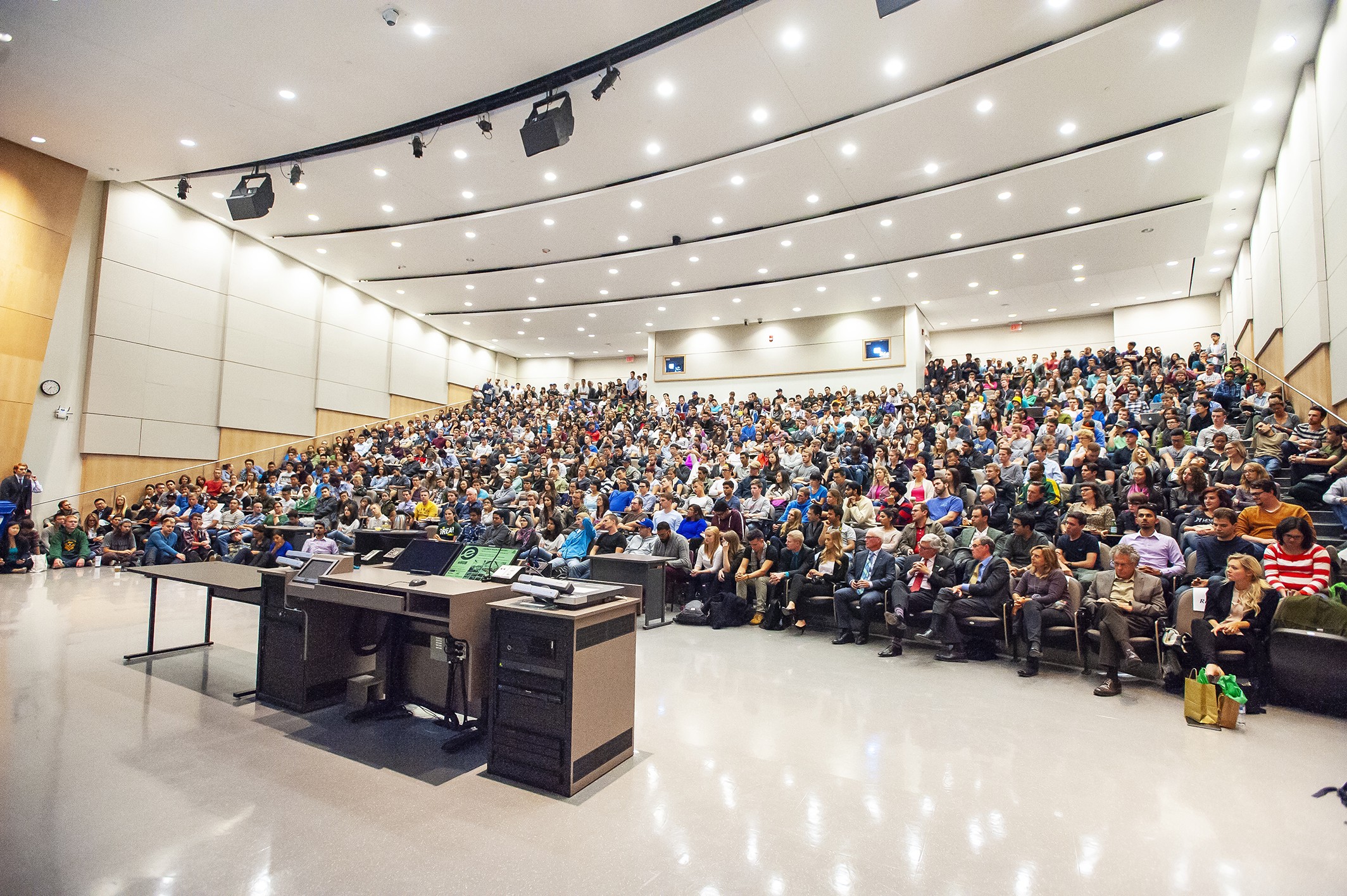
Classroom population is significantly lower in many other countries when compared to Canadian first-year undergraduate classes. Many institutions in other countries provide students with a pre-made course schedule and all admitted students, in the same program, share the same course schedule and remain with their cohort throughout the entire duration of their program.
Canadian students appear to have already established groups of friends, and they are social with different peers in every class.
 Photo credit: Leroy Schultz.
Photo credit: Leroy Schultz.
International students can find it challenging to make new friends when each class includes a different group of people and they don't necessarily have a network of friends in their new home. It can take time to adjust, but international students are adaptable and can build up the confidence to break the ice and connect with their peers.
Canadian educators use a variety of teaching techniques to encourage students to play an active role in their learning such as assigning group projects and holding class discussions.
International students may be more accustomed to an entirely lecture-style of teaching; where students must attentively listen, projects are rarely assigned, and exams are the primary focus. This doesn't go to say, international students are incapable of succeeding in the Canadian classroom, but it can take time to get fully engaged in this new dynamic since it may be the first time in their educational experience that they have been assigned a group project or presentation.
Students are expected to accurately reference their work using APA, MLA, Chicago, etc citations styles.
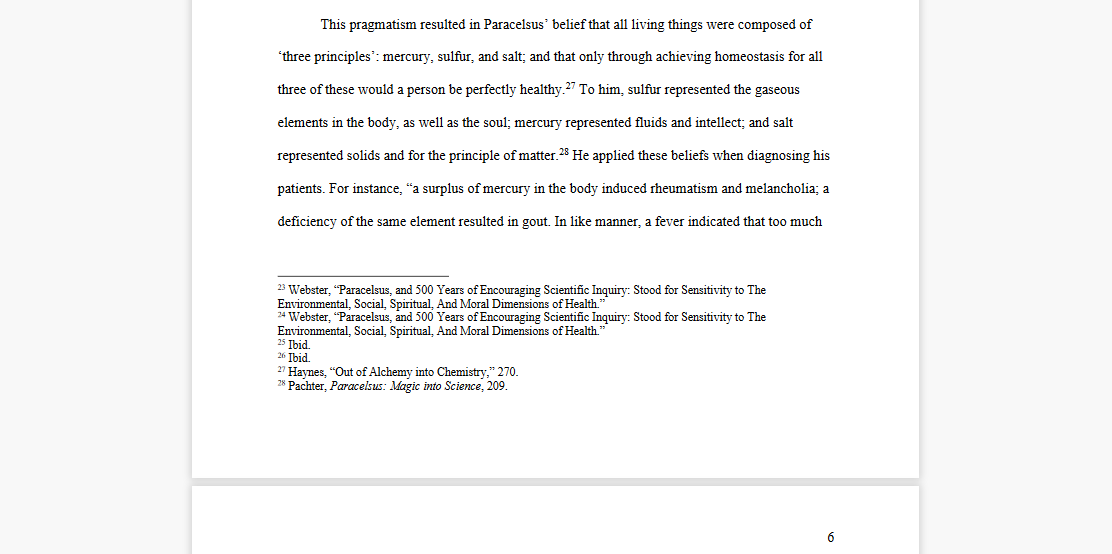
All students can usually benefit from brushing up on citation styles, but for most international students, UAlberta may be their first formal introduction to using the various citation styles and the first time it is required in their assignments. Citation styles are uncommon in high school in many other countries, and in those countries, international students are taught citation styles during their first year at university.
How do we help international students prepare? University of Alberta International offers several resources:
- U of A+ Program
- International Student Campus Connect
- Transitions Orientation
- Online Orientation
- Welcome Orientation
- International Services Centre
-
Xiaobing Lin - International Student Specialist and Regulated International Student Immigration Advisor
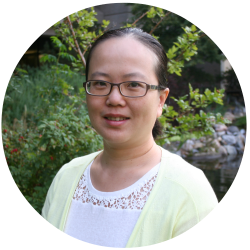
Xiaobing was born and raised in China. She worked as an Assistant Professor of English in two Chinese universities for 12 years before she earned her Master of Education at UAlberta. She brings rich experiences into her current work as an international student advisor.
Lubna Ahmad - International Student Advisor and Regulated Canadian Immigration Consultant
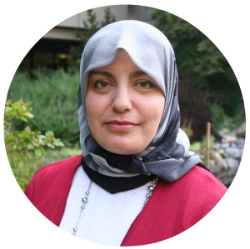
Lubna grew up in Scotland and spent her adult life as a teacher and educator in Canada and the Middle East. From the time she completed her Master of Education at UAlberta, Lubna's focus has been to work with, help and build trusting relationships with international students using her position as an international student advisor.